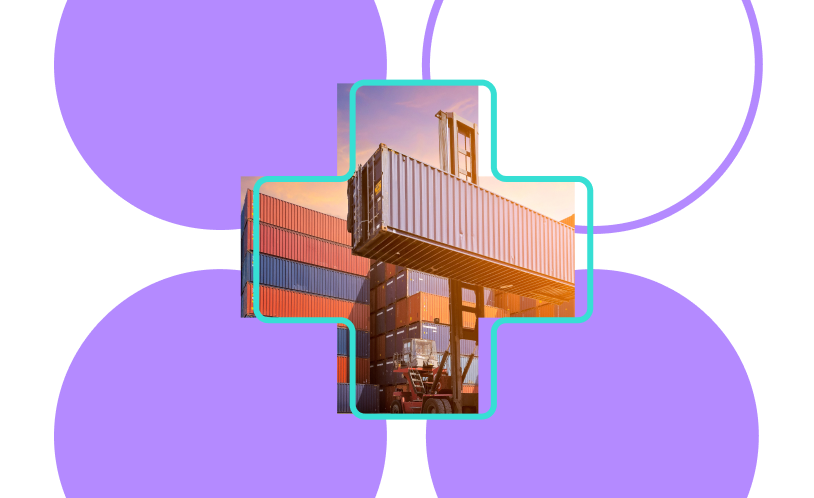Stephen R. Covey’s groundbreaking book, “The Speed of Trust”, lists the many advantages that trust brings to business. E-commerce sellers tend to put this into practice with their customers, but not so much with their suppliers. This guide covers how you can get a lot more in terms of pricing, payment terms, and service quality, simply by investing in the supplier relationship.

Don’t Question Intent From The Outset
The internet is full of stories of people having bad experiences importing from China, and directly blaming the supplier’s intent for the problems. But these complaints are more often a result of the importer’s poor due-diligence, lack of experience with importing and QC processes, rather than the supplier’s intent. Don’t let yourself get influenced by these stories and approach a supplier with suspicion. It will likely to be reflected in your tone, and you will probably kill any chance of building a good working relationship from the outset.
Going in too hard when negotiating is not a sustainable strategy. What you win on price, you will probably lose on quality. You’ll probably lose on trust as well, and that can have long-term ramifications.
Think win-win. The ROI on building solid supplier relationships multiplies as your brand grows. So make win-win an important strategic priority.
Communicate Simply And Unambiguously
Great communication is the key to all great relationships, but when importing from China, language and cultural barriers can significantly multiply communication issues.
The vast majority of issues that importers have with Chinese suppliers have their roots in communication gaps, whether that’s product requirements, expectations, quality standards, penalties or, most importantly, dispute resolution.
Here’s an example. When a supplier responds with “okay” it doesn’t necessarily mean they have understood what you just said.
Try to communicate requirements in writing as much as possible. Having someone in your team or a partner in China who can communicate your requirements in Chinese is the best way to get your message across.
Have Realistic Expectations
Often, importers incorrectly expect factories in China to have similar systems, processes, and technology in place as in the US. That is, an environment set up to consistently produce a flawless product. Bear in mind when you’re selecting a supplier that there is usually a clear trade-off between price and quality (both product and service quality).
Make Timely Payments
Most small and mid-sized suppliers in China work on really tight margins, and factories often have a tight cash flow. So, agreeing to reasonable payment terms, and being prompt in payment, will go a long way to building a good relationship with your supplier.
Play Good Cop/Bad Cop
When working with suppliers in China, you want to have a great relationship. But, without adequate systems and processes in place, factories do tend to take shortcuts and make mistakes, so you also want to make sure that they are adequately monitored. Having a partner on the ground, like a sourcing company, who plays the bad cop imposing strict quality standards and negotiating hard on prices, terms and contracts, means you can focus on building the supplier relationship.
Contributed by Ash Monga, IMEX Sourcing Services



